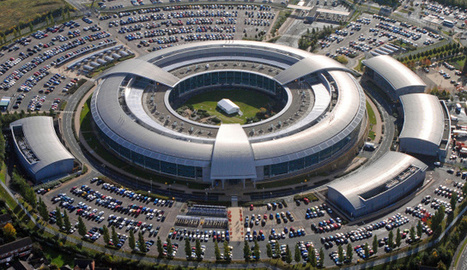Newly-published documents from the Snowden trove show GCHQ asking for and obtaining special permission to infringe on the copyright of software programs that it wished to reverse-engineer for the purpose of compromising them. GCHQ wanted a warrant that would give it indemnity against legal action from the companies owning the software in the unlikely event that they ever found out.
The legal justification for this permission is dubious. As the new report in The Intercept explains: "GCHQ obtained its warrant under section 5 of the 1994 Intelligence Services Act [ISA], which covers interference with property and 'wireless telegraphy' by the Security Service (MI5), Secret Intelligence Service (MI6) and GCHQ." Significantly, Section 5 of the ISA does not mention interference in abstractions like copyright, but in 2005 the intelligence services commissioner approved the activity anyway.
The Intercept story provides details of the software that GCHQ wanted to compromise: online bulletin board systems, commercial encryption software, and anti-virus programs. It needed to prevent the last of these from revealing the presence of other GCHQ malware that was used for spying: "Personal security products such as the Russian anti-virus software Kaspersky continue to pose a challenge to GCHQ’s CNE [computer network exploitation] capability and SRE [software reverse engineering] is essential in order to be able to exploit such software and to prevent detection of our activities."
Learn more / En savoir plus / Mehr erfahren:
- http://www.scoop.it/t/securite-pc-et-internet/?tag=Cyberespionage



 Your new post is loading...
Your new post is loading...








Learn more / En savoir plus / Mehr erfahren:
- http://www.scoop.it/t/securite-pc-et-internet/?tag=Cyberespionage